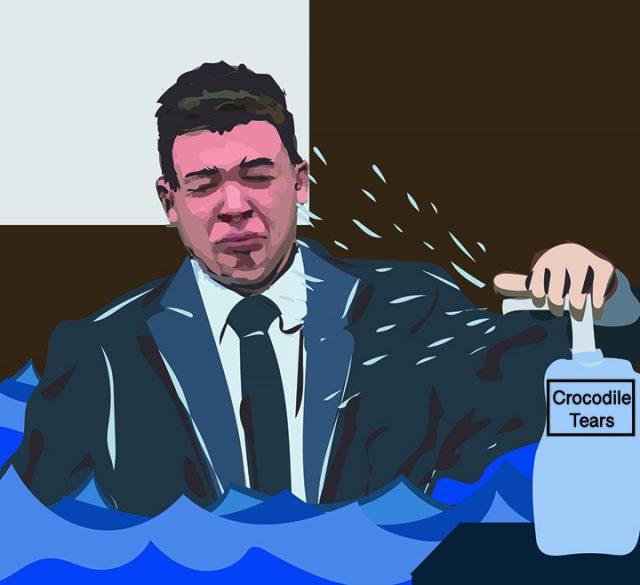Cultural celebrations are absolutely necessary.
Exposure to other cultures and heritages can provide a differing worldview, allowing someone to take a moment to see things through the eyes of another person. Months that celebrate minority groups educate outsiders on the experiences of a certain ethnicity. From food, attire and traditions, these celebrations offer a much-needed bit of education. With this education, people can get out of their comfort zone and discuss topics that they might have not had too much knowledge of before. Especially when it comes to discussing more controversial aspects of history.
For example, Black History Month takes time to highlight less divisive pieces of the culture like food but also puts a spotlight on things like segregation and slavery. These topics can be difficult to talk about. They hold a relentless amount of weight to them. As much as people don’t want to spend time thinking about something so abhorrent, it’s always good to reflect on the advancements made as a society.
Most of the time, learning something new can be beneficial. Especially in the case of cultural celebrations. It’s great to know more about various cultures because it could potentially teach someone how to be more tolerant or give someone a new understanding of how and why things are done in a certain way.
Hispanic Heritage Month began Sept. 15, and there are lots of events scheduled that will cover a lot of different subjects pertaining to the culture. Some events will have speakers sharing their perspectives on being a person of color in a professional environment, and others will have food spread out. Take this month to learn more about Hispanic culture, and find ways to apply the new knowledge to something beneficial. Even to those that classify as Hispanic, there is always more to be learned.
Indigenous people day is also approaching Oct. 11. The same methodology should be applied there. Learn about the history, the food and the people. Also, take the time to read about the adversity they’ve had to overcome and how they’re still trying to overcome it. A learning experience should never be something to take lightly.
Taking a month to celebrate a specific culture is a beautiful thing. It can be argued that a month isn’t enough. There are so many things to cover in such a short period.
Cultural holidays should also be something more widely celebrated in the U.S. Mexico’s independence day was Sept. 16, but the main Mexican holiday observed is Cinco de Mayo. Rosh Hashanah, Jewish new year, is Sept. 8, but it isn’t a mainstream holiday. All of these should be celebrated with the same amount of respect and attention as Christmas.
America is a diverse country housing people from all around the world. Nobody should have to leave pieces of their tradition behind to appease others. It’s important to continuously spotlight new cultures.
It’s far too often that marginalized communities feel as if they’re getting pushed aside, ignored by a huge chunk of society. These celebrations are the way to tell them that they’re being heard, given a chance to teach others about themselves. It’s also a chance to show that the adversity they’re going through or have gone through is being recognized. Everyone will never be satisfied, but it’s worth giving everyone a shot to show off their culture.
Getting a more enriching, deeper understanding of someone or something can lead to more opportunities. Ongoing discussions on the matter can be made, and there could also be some tasty food involved. Not only that, but the person will thank you for letting them discuss their culture.
Hispanic Heritage Month is as good of a time to start as any. Sit down with colleagues, professors or friends and ask them about their traditions. Most of the time, they’ll be glad to share it with someone eager to learn more about it.
Cultural celebrations are rewarding. It amplifies the voice of those who think they have none.

































